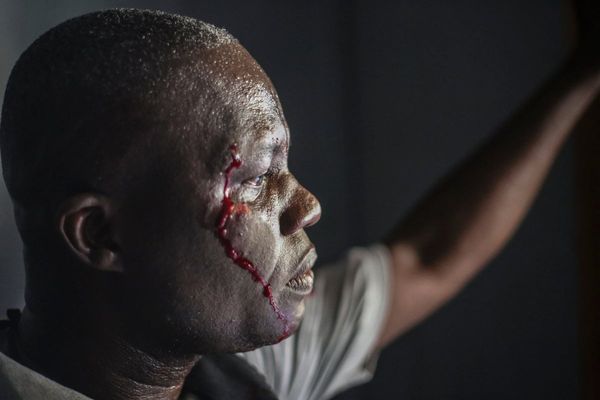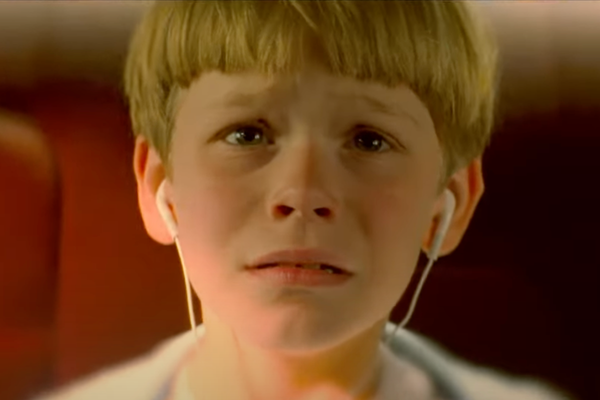
Though Instagram and TikTok are filled with displays of aspirational wealth, and reality TV and gossip mags titillate consumers with images of the privileged few toting luxury handbags, the value of these items is all about status rather than substance. Yes, we all want to be able to afford the things we need, and to treat ourselves to the odd shiny bauble, but if you take a step back from the toys of the mega-rich, it becomes clear that the emperor has no clothes. As Hollywood’s Judd Apatow once admitted after finding himself rich beyond his wildest dreams: “There’s nothing to buy.”
BBC’s Hunting the Rolex Rippers doesn’t do much to examine these ideas. With a running time of 30 minutes, you are left wondering about the motivation of those who spend exorbitant amounts on luxury timepieces, and confused as to who this show is aimed at. The programme sees documentary journalist Tir Dhondy meet the young men and teens who steal high-end watches from the wrists of the elite (they only bother if they are worth more than £10,000). She investigates the industry around them, where rival gangs and hand-wringing resellers exploit desperate teenagers for easy payouts.
In an increasingly cashless society, with advanced tracking on many vehicles, stealing watches is the most straightforward way to make a quick, albeit violent, buck. And while the show doesn’t shy away from the brutality of some of these muggings, it’s hard to look at the items themselves and see how any of this is worth it. You wonder if the £1.8m watch a police officer tells us was recently stolen was anything but a perversion affixed to the hand of a person so rich they had run out of meaningful purchases to make.
The Rolex thieves don’t see themselves as heroic Robin Hood figures, and when Dhondy asks, “Would you rob a grandma?”, they respond in mercenary, nihilistic terms: “This game’s got no rules.” But they seem to feel a sincere level of disdain towards the watch owners. One teenager shakes his head, saying: “Someone’s got a deposit for a house on their wrist. It’s crazy.” Another has a more forceful eat-the-rich ethos, saying: “I’ve got bills to pay. These people have more money than they know what to do with.” Dhondy doesn’t lead with politics or her point of view. Still, she skilfully gets her subjects to open up to her with a Louis Theroux-esque anti-Socratic line of questioning that makes them feel comfortable confessing their greatest sins (albeit with their faces concealed and voices distorted).
What money cannot buy you is time and, sadly, that is what is truly lacking in this programme. In a mere half hour, it’s hard to pack in enough substance. A few interesting titbits flash on the screen: one in 10 convicted watch thieves is a teenager. Dhondy and her crew are impressively committed, and willing to put themselves in the line of fire to uncover this story. They meet up with anonymous insiders who contact them on Instagram, and stick with them even when they are heavily armed, and violence seems imminent. But when the credits roll, it feels as if we have barely got started.
There is a slight irony that some of the people who steal these watches end up so obsessed with them that they start to wear them, making them vulnerable to theft. Despite Dhondy’s skills, she has the time here for only a slight investigation, and the vast majority of viewers are unlikely to need to heed its warnings and be more discreet when wearing their luxury items out on the street. But Hunting the Rolex Rippers may enlighten the 1% who don’t realise that they are a target when they step out with a Swiss timepiece on their wrist. Maybe they will be inspired to ask themselves if they really are invested in the craftsmanship of a limited-edition luxury item or if, at a time when some people can’t afford to pay their bills, there isn’t something else they could buy instead.
Hunting the Rolex Rippers aired on BBC Three and is available on iPlayer.







